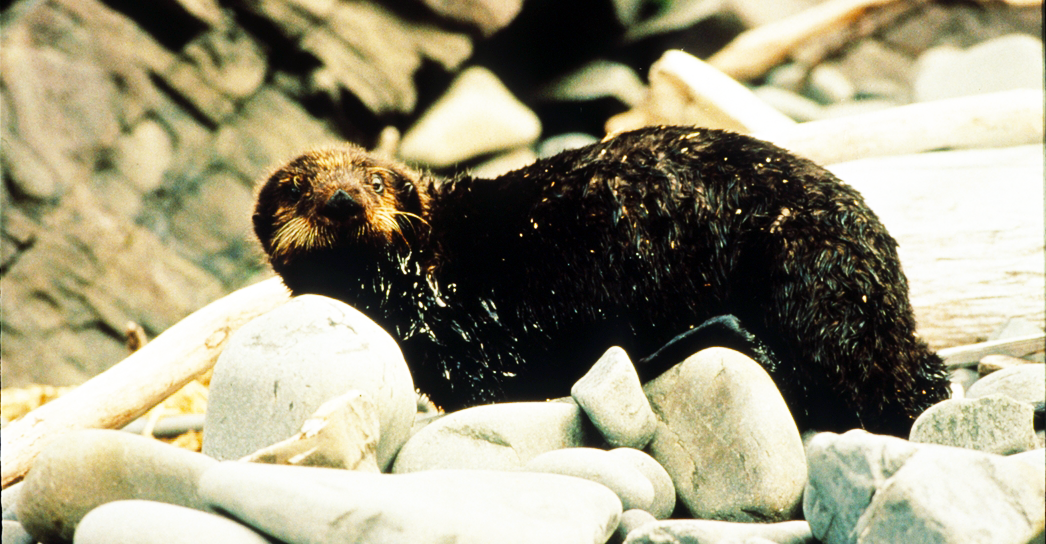
On 24 March 1989, the Exxon Valdez ran aground in Prince William Sound, Alaska, causing “one of the worst oil spills” and “one of the largest environmental disasters” in the United States.
Photos of 1,300 miles of pristine wilderness tarred in oil outraged the public but perhaps not as much as the cavalier attitude exhibited by Exxon executives, which would become a classic case study in how not to communicate in a crisis.
In 2019, Nati0nal Geographic reported that the “final death toll included 250,000 seabirds, almost 3,000 sea otters, 300 harbor seals, 250 bald eagles, 22 killer whales, and billions of salmon eggs.”
Thirty years later, local populations of killer whales and some seabirds in Prince William Sound have still not recovered… Some of the oil is still there, too. Recent sampling along the coast revealed pockets of oil buried four to eight inches under sand and gravel, often topped by stones.
In 1990, Congress passed the Oil Pollution Act, forcing a technological change to minimize the risk of another spill of this magnitude. (Legislation and regulation often follows, rarely leads, disasters that affect community.)
The new law required oil tankers using US waters to be double-hulled and increased penalties for spills. Now “the world’s fleet of 12,000 to 14,000 tankers for oil, liquefied natural gas (LNG), and chemicals are double hulled.”
Combined with tougher regulations and better navigation equipment, oil spills releasing more than seven tons from tankers plummeted from a high of 79 spills per year in the 1970s to six per year over the past decade, according to ITOPF, an association of shipowners that responds to oil spills.
Oil and gas prices, then and now
Let’s look at oil and gasoline prices for a moment.
The US was importing about a half-a-million barrels of oil each day in March 1989. The Exxon Valdez spilled 11 million gallons, about half of a day’s supply. There was minimal (if any) impact on domestic crude or gasoline prices.
Known for gnawing at complex questions like a terrier with a bone. Digital evangelist, writer, teacher. Transplanted Southerner; teach newbies to ride motorcycles. @kegill (Twitter and Mastodon.social); wiredpen.com
















